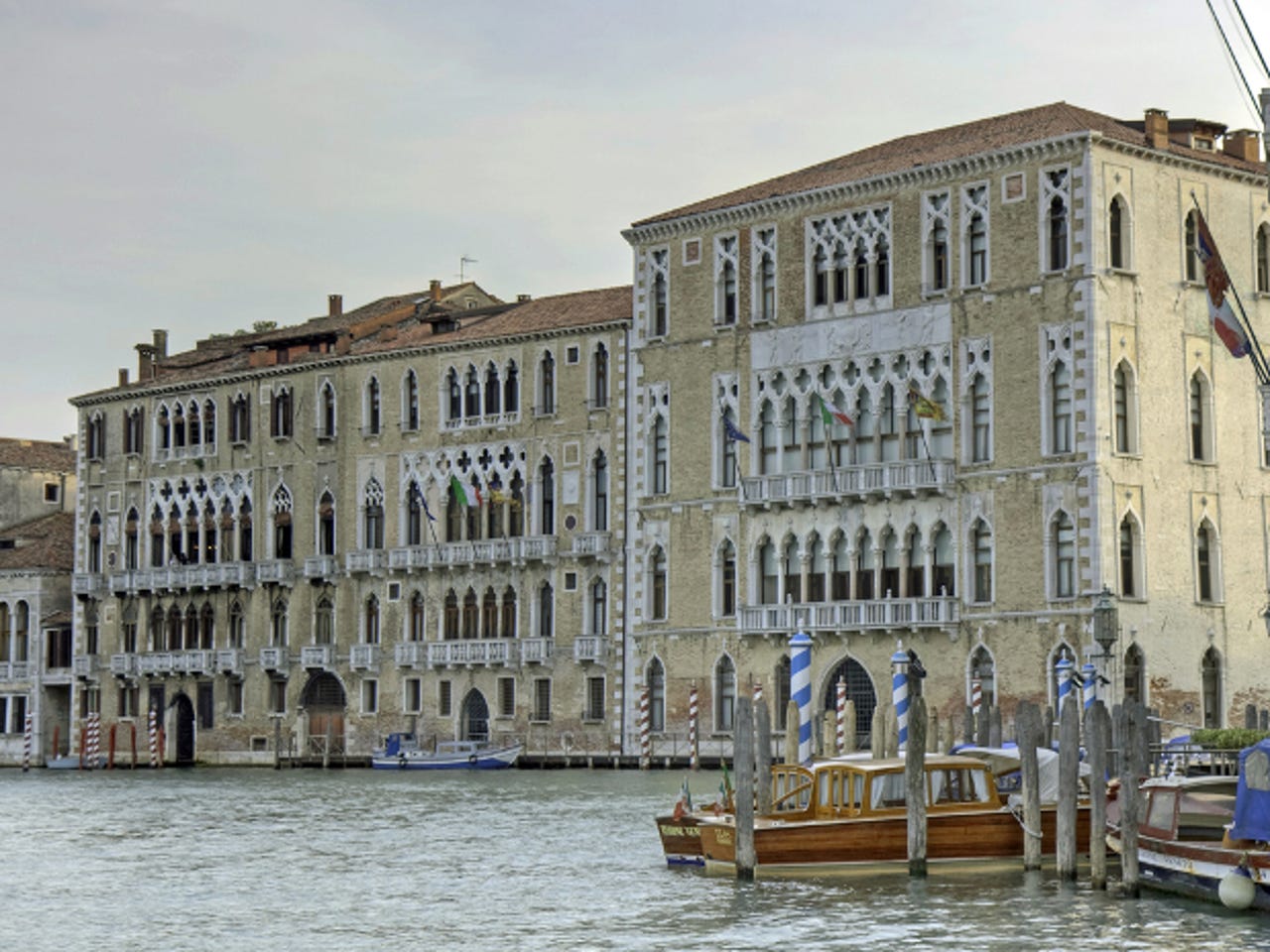The future of Italian startups: Is innovation is taking a backseat to bureaucracy?


The Ca' Foscari University of Venice may not appear a likely cradle of innovation. Its gothic buildings, marble staircases and ivy-framed windows seem more suited to hosting the average Renaissance Arts student rather than forward-looking digital types. But over the weekend, the San Giobbe building hosted the third Digital Economy Forum (DEF).
The DEF is organised and hosted by the US Embassy in Italy, and was created in 2011 as an itinerant, yearly event that would both try to stimulate Italy's online ecosystem and tackle the country's digital divide.
Contrary to what you might expect, only 50 percent of Italians have internet access, and only 3.8 percent of SMEs have their own online shop. At the same time, however, Italy has one of the highest mobile per capita ratios in the world. Sites such as Facebook, LinkedIn and Twitter have experienced a massive growth over the past few years, and there is an increasing interest in what the digital world has to offer.
This year's DEF focused on the Italian startup environment. Italy's long awaited Development Decree (which included, for instance, a national plan for developing the country's infrastructure and digital services, tax relief for private investment in innovation, new regulations to aid "innovative" startups, digital development and e-commerce) was finally approved at the end of 2012, with the DEF taking stock of the results so far.
On top of the usual workshops where experts, tutors and mentors offered practical advice on how to enter and navigate the Italian startup system, the DEF event was able to give a birds-eye view of the country's scattered startup landscape. And not all results were encouraging.
Italy isn't short on startup hubs, inventiveness, or young entrepreneurs with fresh ideas. Its tech ecosystem should be more than favourable, yet two key factors are hindering the growth and development of Italian startups: funding and politics.
One of the main critics of the current situation is an institution of the Italian digital world: Riccardo Donadon, the founder of incubator H-Farm and president of Italia Startup.
Donadon is less than impressed with the direction that the new Italian government has taken. What was previously known as the Ministry for Public Administration and Innovation is now the Ministry for Public Administration and Simplification. It's more than a slight change in words, however; it means there's no longer a figurehead dedicated to innovation in the current government. Yet again, according to many, it's a sign of how the government is changing direction when it comes to tech innovation.
A bit of background: the crowdfunding system, one of the main sources of investment in the middle of Europe's ongoing economic difficulties, is already a victim of the infamous Italian bureaucracy (Consob, the Italian Securities and Exchange Commission, is facing criticism for halting its proposed crowdfunding regulation); there's not enough clarity around fiscal relief for investors and how it will be distributed; and the role of the Chambers of Commerce (responsible for registering new startups) has been criticised for the ambiguous requirements set for classifying a business as "innovative", a fundamental step for accessing funds and benefits.
And most of all, the Development Decree is so far only a set of rules and not a concrete reality. There are a number of stages between publishing a decree in Italy's Official Gazette and the actual implementation of the set of laws, and Italian bureaucracy is once again the hurdle to overcome.
"These delays are unacceptable," Donadon told the DEF. "We are only demanding to be able to create more business, we are not asking for money. In such a time of crisis, it is absurd to throw away this opportunity and to create obstacles for young people trying to start their own business."
He said delays were once again causing all previous efforts to wilt and a climate rich in uncertainty was discouraging investment.
There have been calls for the new government to stick closer to its predecessor's strategy around tech: investment in infrastructure (first and foremost, broadband and superfast broadband), digitalisation at all levels, and decreasing the country's bureaucratic and fiscal load.
The new Minister for Economic Development, Flavio Zanonato, promised in one of his first speeches that he would personally look into the Digital Agenda — a series of measures around digital identity, education, health, justice, electronic payments and open data designed to boost the stimulate Italian economy.
The ministry has since issued a statement addressing what seemed to be everyone’s main concern — that Digital Agenda remains a priority for the government.
Not everyone is convinced, however. For those at this year's DEF, the general atmosphere felt a lot like disillusionment.